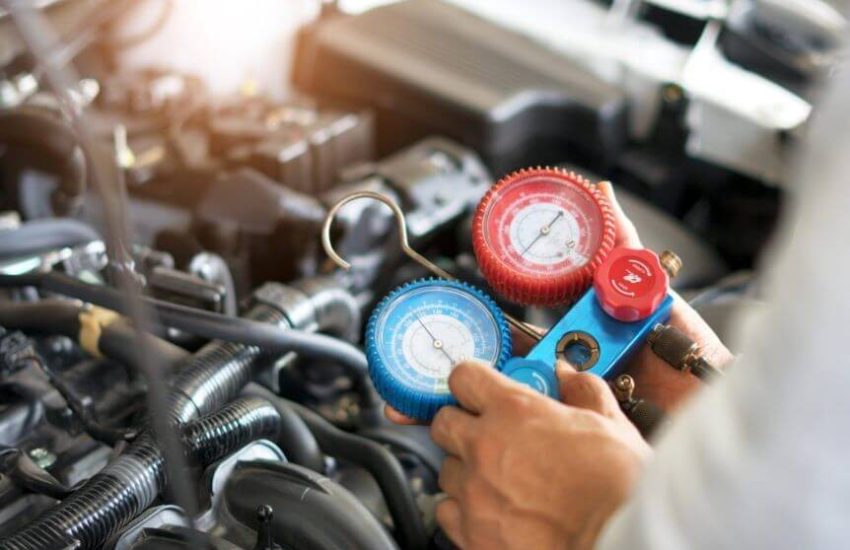How Workshops Address Fuel Line Damage From Road Debris
Road debris can strike fuel lines causing cracks or dents. That creates leaks, vibration, or reduced pressure along critical lines. So professional workshops inspect vehicles carefully after driving on rough roads. Then visible damage is documented to plan repairs or replacements effectively. Proper attention prevents fuel spills, engine stalling, or pump strain permanently. Drivers notice smoother operation and safer performance after professional intervention. This maintenance protects high mileage lines and prevents sudden failures reliably. Technicians combine visual checks and hands-on assessment for precise evaluation. Timely action ensures fuel system integrity and avoids further deterioration consistently.
Detecting Impact Damage
External fuel line damage often shows as dents, scratches, or kinks. That can weaken the hose and create pressure loss immediately. So mechanics examine lines along their entire routing carefully during inspection. Then technicians determine whether repair, reinforcement, or full replacement is necessary safely. Proper evaluation prevents leaks, engine hesitation, or fire hazards permanently. Drivers notice consistent acceleration and quiet operation after repairs. This step protects pumps, fittings, and connectors from extra stress effectively. Professionals use tactile and visual methods to detect subtle damage consistently. Timely detection ensures minor impacts do not escalate into major failures reliably.
Assessing Line Integrity
Fuel line strength is checked after road debris strikes to prevent future failures. That includes pressure tests, bending tests, and visual inspection along all sections. So technicians confirm hoses maintain flexibility and fittings remain tight consistently. Then weak or compromised components are replaced to restore safe operation permanently. Proper assessment prevents engine stalling, fuel leaks, or misfires effectively. Drivers notice smoother starts and stable running after thorough inspection. This step ensures lines meet manufacturer safety and performance standards reliably. Professionals combine multiple methods to verify integrity before returning vehicles safely. Timely assessment by the Auto Repair in Sacramento, CA protects critical fuel system parts from sudden damage permanently.
Repair and Reinforcement
Minor dents or shallow scratches can sometimes be repaired without full replacement. That reduces costs while maintaining line strength and safety reliably. So technicians use specialized clamps, sleeves, or protective coatings carefully. Then repaired sections are pressure tested to ensure secure flow permanently. Proper reinforcement prevents leaks and maintains proper alignment along the routing effectively. Drivers notice quieter operation and reliable performance after professional repair. This step protects pumps and injectors from stress caused by weak lines consistently. Workshops follow strict procedures to guarantee repair longevity and safe usage reliably. Timely reinforcement ensures vehicles remain safe for extended road travel permanently.
Conclusion
Professional workshops ensure fuel lines remain safe after road debris damage. That includes detection, assessment, repair, replacement, and preventive measures reliably. So visual inspection, pressure testing, and flow verification form a complete process. Then reinforcement or replacement restores strength, prevents leaks, and maintains safe delivery permanently. Proper attention reduces engine hesitation, stalling, and emergency repairs effectively. Drivers notice safer driving, consistent performance, and quiet operation after service. This approach preserves pumps, fittings, and hoses from unnecessary stress permanently. Workshops provide accurate evaluation and targeted repair for long-term safety reliably. Timely professional care ensures fuel systems remain resilient under all driving conditions consistently.



